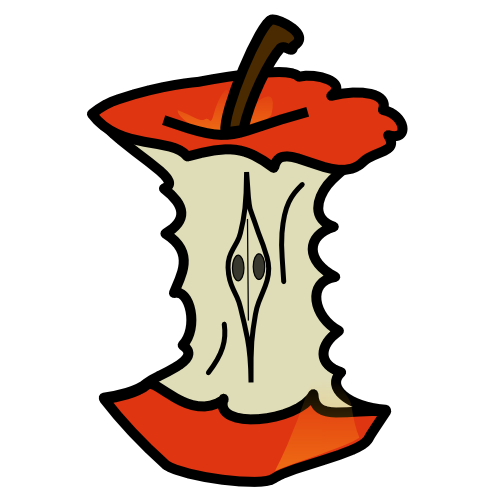The problem is that everyone has a different idea of what your core is, how best to work it, and what exactly you're trying to accomplish. It truly is a moving target. But the short version is that your core is the base of your body and the base of your fitness. It's what stabilizes you. Think of it as your body's version of a house foundation -- everything you do builds on it.
One thing everyone agrees on: The core is more than just your abs. If you're looking for info on how to get a six-pack, this ain't it.
What Exactly Is Your Core?
- Many experts define the core as everything that's not your arms, legs or head.
- Some look at it as the area around your abs and back, but also the deeper muscles.
- And others look at is a the muscles around your trunk and pelvis.
 That said, I'm going to differ with the idea that it's everything besides your extremities. We already have a word for that: torso. What I think of when I think of the core is the stuff that provides balance and stability so that you can do more specialized exercises. In short, I think of it as the part of your body that helps you with functional strength.
That said, I'm going to differ with the idea that it's everything besides your extremities. We already have a word for that: torso. What I think of when I think of the core is the stuff that provides balance and stability so that you can do more specialized exercises. In short, I think of it as the part of your body that helps you with functional strength.
So I don't actually see the chest as part of your core, but again, that's just me.
And I would probably extend it down beyond your waist into your glutes and quads. Yeah, you need those things to do stuff like squats and deadlifts. And yeah, the more power you have in your glutes and quads, the better a runner you'll be -- if that's your thing, like it is for me.
So for me, the core is everything from the bottom of your sternum down to the bottom hem of your boxer shorts -- front, back, sides and middle.
Why Is Your Core So Important?
Think about just about any activity that requires physical exertion -- picking up your kid, mopping the floor, mowing the lawn, walking up stairs, anything. Now imagine trying to do those things with just your arms, your chest or the lower two-third of your legs. Could you? Maybe. Would you hurt yourself? Very likely.
So let's agree that you're not going to be able to do much without a strong core. And the stronger your foundation, the more house you can build on it.
- Having that foundation is what allows runners and bikers to maintain form when everything inside the is screaming, "Stop!" And it's the magic potion that helps you climb those big hills.
- If you're doing isolation strength training (e.g., dumbbell curls), having strong balance is what keeps your body stable so you can work that one part of your body.
- And if you're doing compound lifts (e.g., deadlifts), you're both relying on your core to provide strength and strengthening it further.
How Can a Regular Guy Strengthen His Core?
Compound exercises like deadlifts, kettlebell swings and squat presses are fantastic exercises, and if you're doing them now, don't let me try to talk you out of them. But they all involve advanced movements that you should learn from a trainer or experienced lifter. And if you're starting from the beginning with core strength, you are probably better off building up a bit of a base before moving on to those bigger lifts.
So what is my suggestion? You guessed it: A good bodyweight routine. A few I would definitely focus on:
- Basic plank: Look to increase the time you can hold a forearm plank until you can do it (at least once in a while) for 2 minutes. Then think about adding some variations
- Side plank:. Look to increase the time you can hold a basic side plank -- supported by just forearm and the outside of your foot -- for 1 minute. You can also add in a set of dips (lowering and raising your hips).
- Mountain climbers: Yup, just like grammar school gym class. Go slow and pull your knee as far forward as you comfortably can.
- Pushups: I'll admit that I flat-out stink at pushups. But they work almost every major muscle group.

There are probably hundreds of other bodyweight moves you can do, and I have a bunch in my repertoire, but these will hit all of your core muscles, plus some others.
Questions? Comments? Disagreements? Insults?

No comments:
Post a Comment